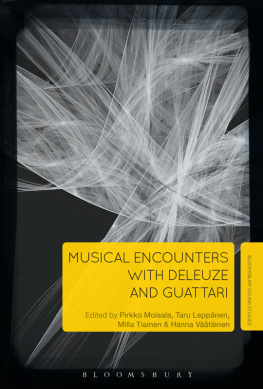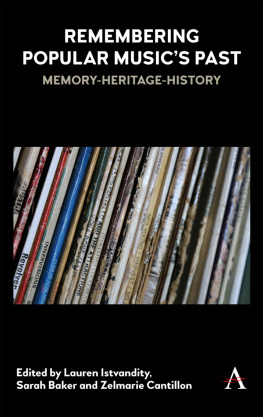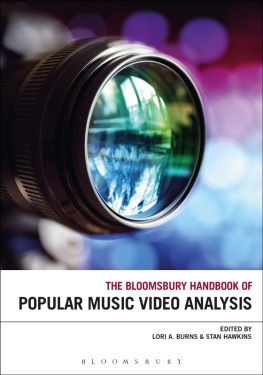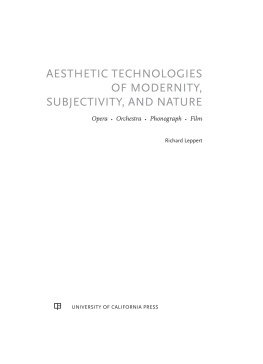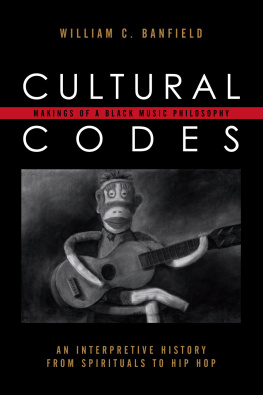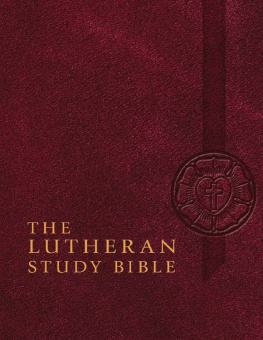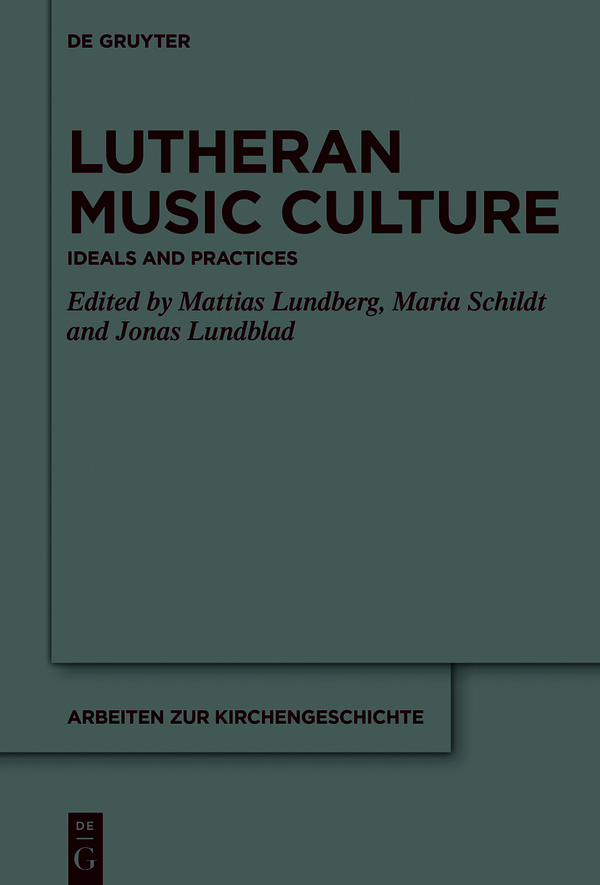Arbeiten zur Kirchengeschichte
Edited by
Christian Albrecht
Karl Holl
Hans Lietzmann
Christoph Markschies
Christopher Ocker
Volume
ISBN 9783110680607
e-ISBN (PDF) 9783110680959
e-ISBN (EPUB) 9783110681062
Bibliographic information published by the Deutsche Nationalbibliothek
The Deutsche Nationalbibliothek lists this publication in the Deutsche Nationalbibliografie; detailed bibliographic data are available on the Internet at http://dnb.dnb.de.
2022 Walter de Gruyter GmbH, Berlin/Boston
List of Figures
: | The double possible function of b as mi and fa, passage from Josquin des Prezs motet Domine, non secundum peccata nostra. 41 |
: | Frontispiece of Etlich Chrisliche lieder 1524, the so-called Achtliederbuch. 49 |
: | The Schutzmantelmadonna in Frauenstein. 74 |
: | The four different melodies (A-D) for Nu freut euch, lieben Christen gmein. 114 |
: | Poem composed for the name-day of a Dr. Meyer, from Erdmann Uhse, Wohl-informierte Poet. (Leipzig, 1703), 85. DFG Universitts- und Landesbibliothek Sachsen Anhalt. CC-BY-SA-4.0. VD18 11289252. 129 |
: | J. Kuhnau, Sonata from Neue Clavier-bung Theil II, bars 4453. Stadt Bibliothek zu Leipzig. Becker Sammlung II 2 43 Reproduced with kind permission from Leipziger Stdtische Bibliotheken, Musikbibliothek. 132 |
: | Johann Sebastian Bach, BWV 243a/10 and BWV 179/1, opening. 150 |
: | Johann Sebastian Bach, BWV 164/5, opening, and Johann Pachelbel, Ricercare in f sharp minor. 150 |
: | Johann Sebastian Bach, BWV 14/1 (beginning). 154 |
: | Johann Joseph Fux, Fuga in contrarium (beginning). 154 |
: | Wr Gott nicht / Erbarm dich mein (first lines). 155 |
: | Inverted subjects from Santa Maria, Cabezn, Sweelinck, Scheidt and Scheidemann. 159 |
: | Johann Sebastian Bach, BWV 1080. Form of the theme. a. Contrapunctus 1. b. Contrapunctus 4. 160 |
: | Johann Sebastian Bach, BWV 668(a), bars 3245. 164 |
: | Hans Holbein (jr, 1497/981543): The Ambassadors (1533) [Jean de Dinteville, French Ambassador to the court of Henry VIII of England, and Georges de Selve, Bishop of Lavaur], National Gallery, London. 54 |
Framing Lutheran Music Culture
Mattias Lundberg
Maria Schildt
Jonas Lundblad
In the eyes of many modern readers, the music theorist Johann Mattheson was thoroughly an Enlightenment man. His prolific writings clearly championed progress in music. In general, he elevated reason above the rules of tradition as a benchmark in codifying this art. In his role as musical director at the Hamburg Domkirche, Mattheson brought the galant style of modern theatrical music into the heart of Lutheran church music not least as a composer of highly dramatic oratorios. As a consequence of such practices, Mattheson became involved in heated controversies over the proper style of music for ecclesiastical use. Although his periodical Der Musicalische Patriot, published throughout 1728, defended the employment of modern dramatic styles in church music, Matthesons ambition was broader in scope than merely voicing his opinion on a topical matter.
He proclaims the necessity of a thoroughly encyclopedic approach to music, calling for contributions from philosophy and mathematics, theatrical experience, and physics, as well as moral considerations. However, above these branches soars the authority of theology. Indeed, for Mattheson a true patriotic interest in music could not circumvent the very first criterion of this noble art: glorification of God and edification of the Christian community. In a stern voice, he admonishes everyone involved in musical practices to recognize that even opera, like all other music, ultimately aspires to divine praise.
Mattheson walks a tightrope in his effort to interpret such a touchstone in a manner that steers clear of theological disdainfulness towards music, and rather warrants that even the world of opera honours God and Christian sentiments, at least in a mediatory fashion. Luckily enough, he is confident that he has the most forceful authority in the convoluted realm of biblical exegesis and theological commentary on music as his compatriot; Mattheson presents a host of lengthy quotations from his exemplary source, having first beseeched his readers to:
Ask your father Luther, you Lutheran! He will instruct you what a wonderful divine gift you have in music. His pure doctrine sounds like this: Music is a beautiful and wonderful gift from God, and close to theology. After theology, I give the next place to music, and the highest honour.
Luther is just one of the many historical authors or rulers from whose teachings or musical policies Mattheson entreats his readers to learn. But Mattheson himself seems to believe that Luthers name exerts a conclusive impact on the mindset of his audience. The Wittenberg reformer is not only the very first author to be invoked in the text; prior to the direct plea to ask Luther, readers have already been confronted with his statements on music on several occasions. When Mattheson himself is at liberty to advance his own supposedly pure doctrine of music, Luther obviously provides a lasting source of inspiration. His own overarching argument rests on the noteworthy assumption that eighteenth-century German patriots identify themselves with Luthers legacy.
Theological scholarship on music around the quincentennial of the Reformation in 2017 has taken a turn towards Luthers statements on music similar to Matthesons work 300 years earlier. Recent studies have returned ad fontes, interrogating Luther anew in the pursuit of the contexts and implications of his understanding of the subject. Inspired by a broader newfound theological interest in aesthetics, scholars such as Robin A. Leaver, Miikka E. Anttila, J. Andreas Loewe and Mark C. Mattes have shed new light on Luthers conspicuously high regard for music. When treated as integral aspects of Luthers wider thought in relation to central topics such as justification his talk of music as a gift from God and of the particular joy of music have become both more readily comprehensible and intellectually significant.
At first glance, modern scholarship is strikingly similar to Matthesons endeavours almost 300 years earlier. It would be easy to postulate an unbroken historical chain of authors who have kept returning to Luthers writings for guidance, inspiration or as an ultimate arbitrator in musical matters. At the same time, however, the relative scarcity of Luthers texts on music indicates that he hardly remains significant thanks to their wealth of stimulating aesthetic ideas. The importance of Luthers conception of music is rather indissolubly connected to the diverse and complex tradition of Christian belief that continues to identify itself with his name. Interpretation of his lasting significance thus requires an understanding of what it entails to perceive oneself as a Lutheran throughout history.


